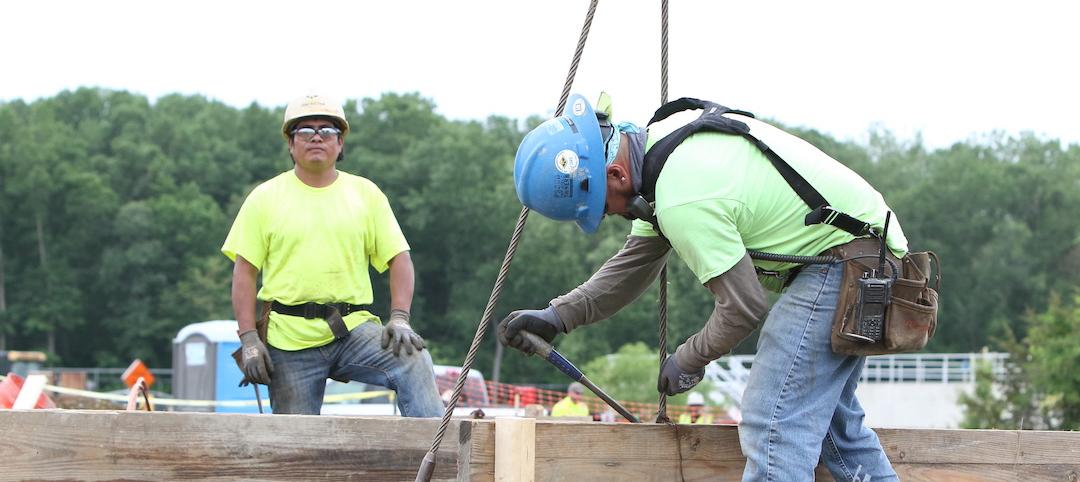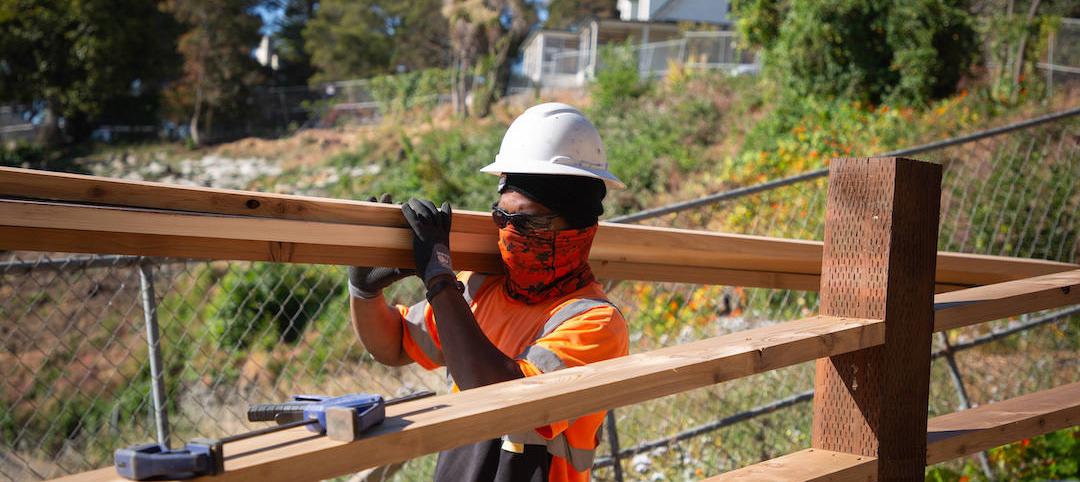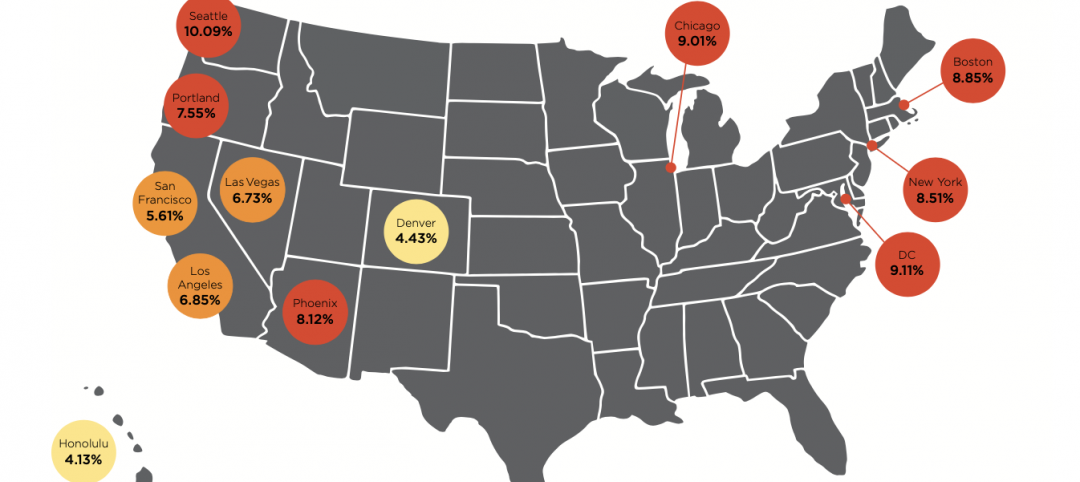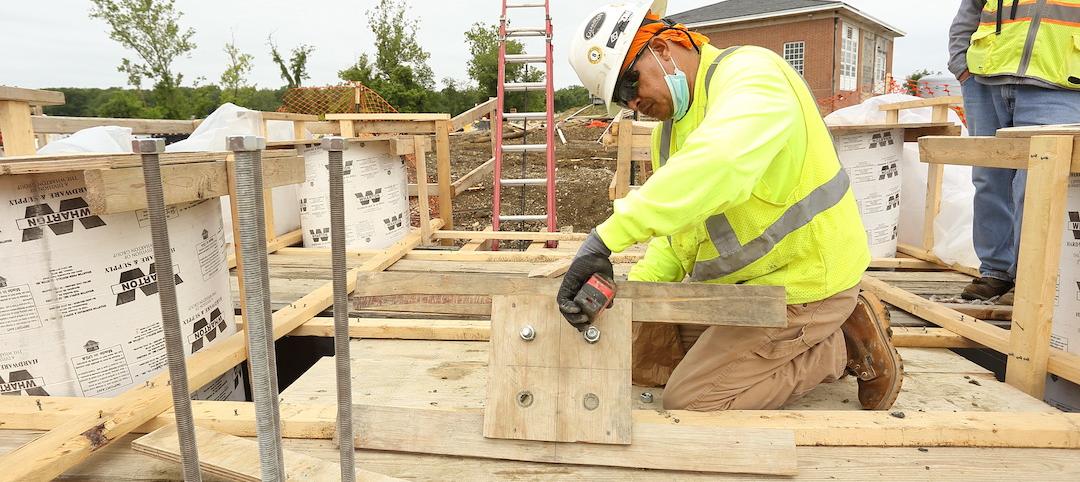Last week, The World Bank lowered its estimate for global growth in 2016 to 2.9%, from its 3.5% prediction last June. The Bank is particularly concerned about slowdowns in China and developing companies that could reverberate, long term, to advanced economies.
However, the Bank’s forecast was more optimistic about the United States, whose 2.7% economic growth in 2016, if realized, would be its fastest pace since 2006.
Whether the U.S. can outpace other nations’ economies is a topic of some debate. James Pethokoukis, a Fellow at the American Enterprise Institute, thinks the U.S. could face decades of “unhealthy economic populism” if GDP and job growth aren’t matched by productivity gains, which over the past five years have averaged only 0.6%. More dour is Citigroup, which is on record that there’s a 65% chance of another recession in the U.S. this year.
The current state of America’s stock market, which got off to a miserable start in 2016, doesn’t exactly augur happy days ahead. But that downturn, and the generally mediocre pace at which the world’s economies are moving, didn’t deter Morgan Stanley from reiterating its belief that the U.S. would continue growing through 2020, and thereby achieve the longest economic expansion in the post-World War II era.
Morgan also thinks that if the U.S. skirts another recession, corporate profit growth could lift the S&P 500 to 3,000 by 2020. (That Index ended Jan. 13 at 1,890.28, down 48.40 to its lowest level since last September. Morgan’s prediction is in sharp contrast with economic bears who are already predicting the S&P 500 could collapse by as much as 75% from its peak of 2100 last year, driven down by China’s currency deflation.)
There are three main reasons why Morgan Stanley remains bullish about the American economy:
•The U.S added about 200,000 jobs per month in 2015, its second-best year for employment gains since 1999. The employment picture spurred consumer confidence, as measured by the University of Michigan, to average 92.9 last year, the highest it’s been at since 2004.
•Americans are getting themselves out of the red. Morgan Stanley notes that debt to disposable income, at about 106%, has fallen from 138% in 2008. And the portion of loan balances that are 90-plus days delinquent fell below 4% for the first time since the recession ended.
•Big companies are cleaning up their balance sheets and being a lot more careful about what they invest in. Morgan Stanley expects capital spending-to sales at the largest 1,500 corporations to fall to 4.6%, compared to between 6% and 9% before the last two recessions. S&P 500 companies have about $100 billion in loans coming due this year and $300 billion in 2017, which Morgan considers manageable amounts.
Related Stories
Market Data | Jan 27, 2022
Dallas leads as the top market by project count in the U.S. hotel construction pipeline at year-end 2021
The market with the greatest number of projects already in the ground, at the end of the fourth quarter, is New York with 90 projects/14,513 rooms.
Market Data | Jan 26, 2022
2022 construction forecast: Healthcare, retail, industrial sectors to lead ‘healthy rebound’ for nonresidential construction
A panel of construction industry economists forecasts 5.4 percent growth for the nonresidential building sector in 2022, and a 6.1 percent bump in 2023.
Market Data | Jan 24, 2022
U.S. hotel construction pipeline stands at 4,814 projects/581,953 rooms at year-end 2021
Projects scheduled to start construction in the next 12 months stand at 1,821 projects/210,890 rooms at the end of the fourth quarter.
Market Data | Jan 19, 2022
Architecture firms end 2021 on a strong note
December’s Architectural Billings Index (ABI) score of 52.0 was an increase from 51.0 in November.
Market Data | Jan 13, 2022
Materials prices soar 20% in 2021 despite moderating in December
Most contractors in association survey list costs as top concern in 2022.
Market Data | Jan 12, 2022
Construction firms forsee growing demand for most types of projects
Seventy-four percent of firms plan to hire in 2022 despite supply-chain and labor challenges.
Market Data | Jan 7, 2022
Construction adds 22,000 jobs in December
Jobless rate falls to 5% as ongoing nonresidential recovery offsets rare dip in residential total.
Market Data | Jan 6, 2022
Inflation tempers optimism about construction in North America
Rider Levett Bucknall’s latest report cites labor shortages and supply chain snags among causes for cost increases.
Market Data | Jan 6, 2022
A new survey offers a snapshot of New York’s construction market
Anchin’s poll of 20 AEC clients finds a “growing optimism,” but also multiple pressure points.
Market Data | Jan 3, 2022
Construction spending in November increases from October and year ago
Construction spending in November totaled $1.63 trillion at a seasonally adjusted annual rate.

















